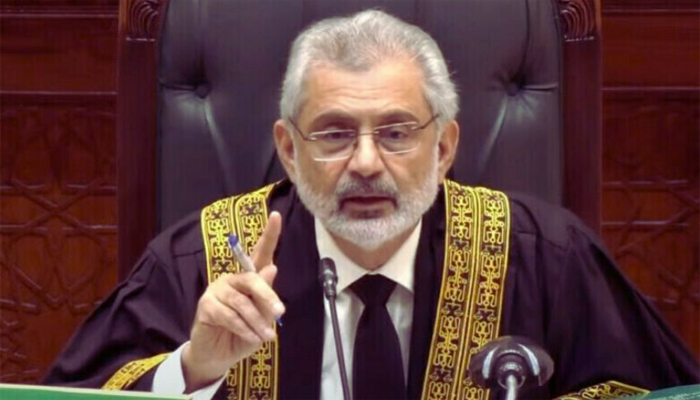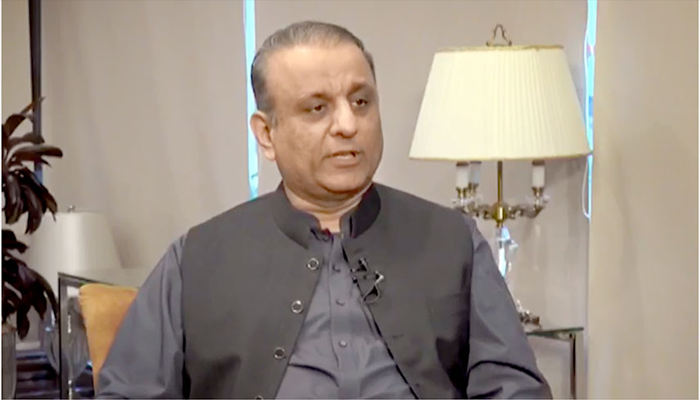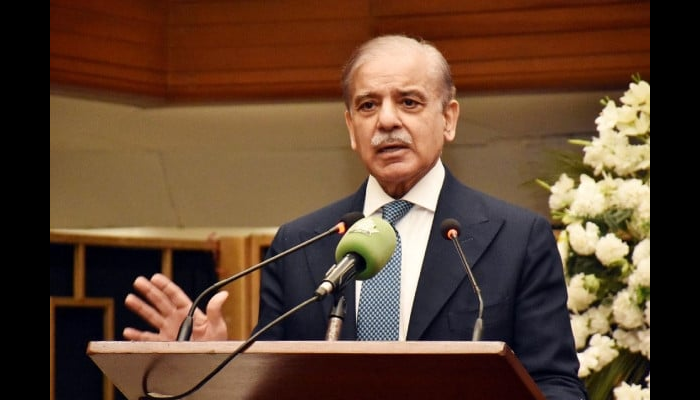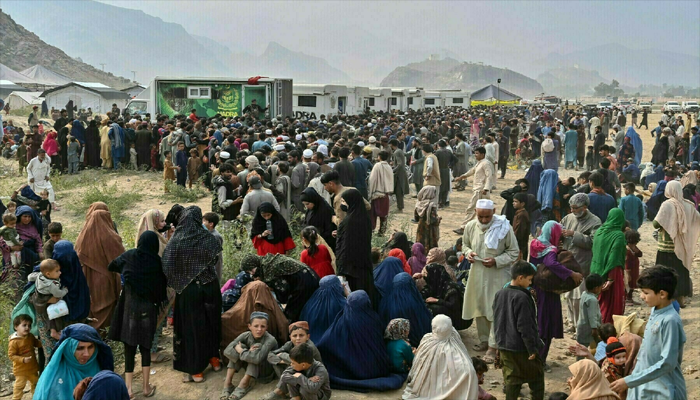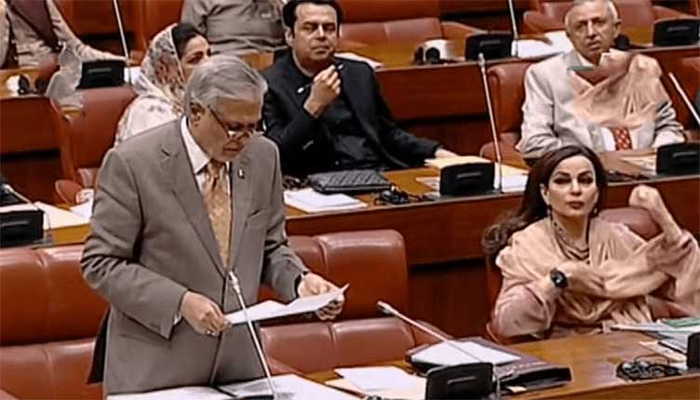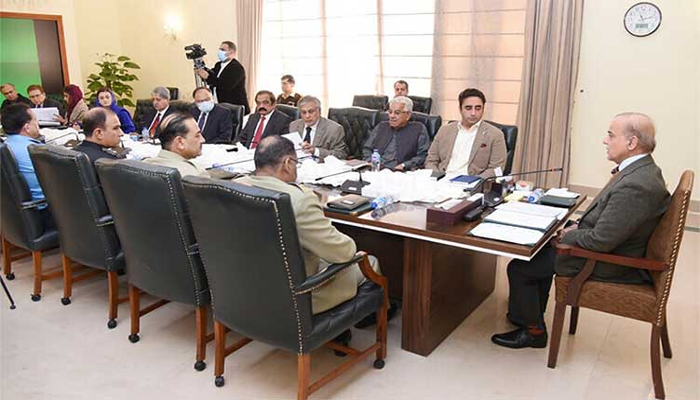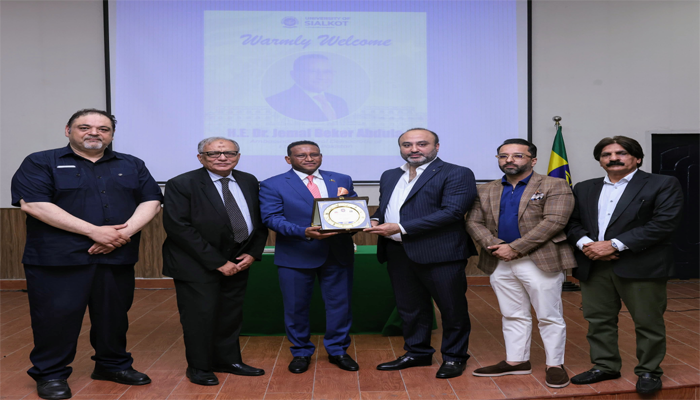Chief Justice Qazi Faez Isa stated on Tuesday that they would refrain from intervening in high court matters, citing past unfavorable outcomes from such actions. He questioned whether a chief justice should influence a subordinate judge's verdict via phone call, during a hearing on a suo moto case related to a letter by six Islamabad High Court (IHC) justices.
The case, concerning the IHC judges' letter, is being heard by a six-member bench, chaired by Chief Justice Isa and comprising Justices Mansoor Ali Shah, Jamal Khan Mandokhel, Athar Minallah, Musarrat Hilali, and Naeem Akhtar Afghan. Following Tuesday's proceedings, the bench adjourned the hearing until May 7 and requested the Supreme Court Bar Association (SCBA) and others to submit their responses with suggestions.
During the hearing, Chief Justice Isa criticized the appointment of a "monitoring judge," considering it interference, referencing Justice Ijazul Ahsan's role in the Panama Papers cases. He noted a trend of prioritizing certain ideologies over judicial independence.
Attorney General Usman Mansoor Awan argued that the IHC judges possessed the authority to address alleged interference, including contempt of court. Justice Hilali questioned why lower court judges sought Supreme Court permission.
Chief Justice Isa emphasized the need for parliamentary supremacy and highlighted the judiciary's distinct powers compared to the bureaucracy's limitations. He warned of increased influence from other powers if Parliament remains weak, citing the formation of joint investigation teams (JITs) and monitoring judges.
Chief Justice Isa distinguished between the Supreme Court and the Supreme Judicial Council (SJC), suggesting any suggestions regarding the SJC be directed accordingly. He recounted experiences of interference during his tenure as Balochistan High Court chief justice.
Justice Minallah mentioned government accountability for data leaks and actions of various agencies under the Prime Minister's purview. The saga began with six IHC judges reporting alleged intelligence agency interference. A government inquiry commission, formed after consultation between Prime Minister Shehbaz Sharif and Chief Justice Isa, faced jurisdictional challenges. The Supreme Court later took suo moto notice, forming a seven-member bench led by Chief Justice Isa.

